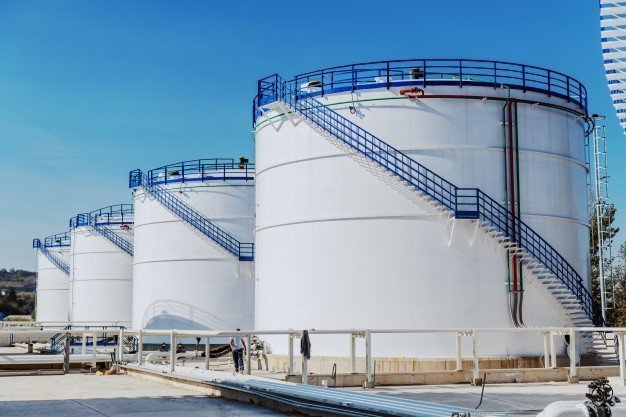Oil prices fell more than 2% on Friday amid concerns that global oversupply could increase in the first quarter following the US-led decision to release coordinated crude oil reserves by large consumers and a new variant of COVID-19 spooked investors.
Brent crude futures extended their decline in the third session, falling $1.69, or 2.1%, to $80.53 a barrel as of 0327 GMT.
West Texas Intermediate (WTI) crude was down $2.04, or 2.6%, to $76.35 a barrel. No deals were made for WTI on Thursday due to the Thanksgiving holiday.
Oil prices and financial market participation fell amid concerns that a new Covid 19 variant will again limit movement, impacting demand and the US holidays.
The administration of US President Joe Biden announced on Tuesday plans to extract millions of barrels of oil from strategic reserves in coordination with other major consumer countries, including China, India and Japan, to try to cool prices.
An Organization of the Petroleum Exporting Countries (OPEC) source said such a planned release is bound to increase supply in the coming months. The OPEC source said the Economic Commission Board (ECB) expects an extra supply of 400,000 bpd in December, and if consumer countries continue with this statement, it will increase to 2.3 million barrels in January and 3.7 million barrels in February.
Estimates of rising oil surplus cloud the outlook for a December 2 meeting between the allies, known as OPEC+, to decide on emergency production. The group will decide whether to continue increasing production by 400,000 barrels in January.
According to Japan, since the volume is small, this action is intended to alleviate tightness in supply rather than having a major impact on oil markets.
Next Monday, world powers and Iran will continue negotiations to revive the 2015 nuclear deal, which could help to the lifting of US sanctions on Iran’s oil exports.
However, the failure of Iran and the International Atomic Energy Agency (IAEA) to reach a reasonable agreement this week on monitoring Tehran’s nuclear facilities is a bad sign for talks next week. Iran’s hard line with IAEA is another negative sign of Iran’s interest in reviving the 2015 nuclear deal.

